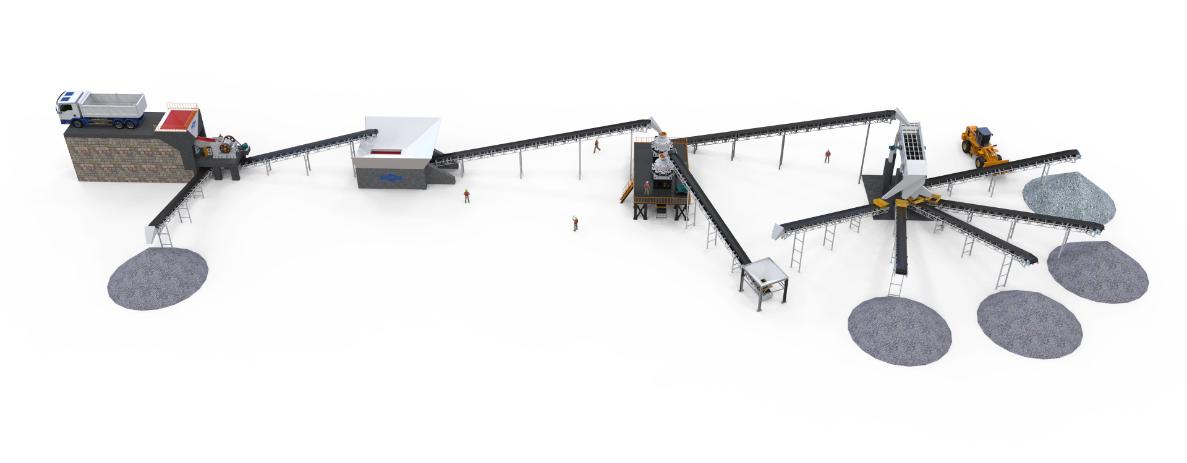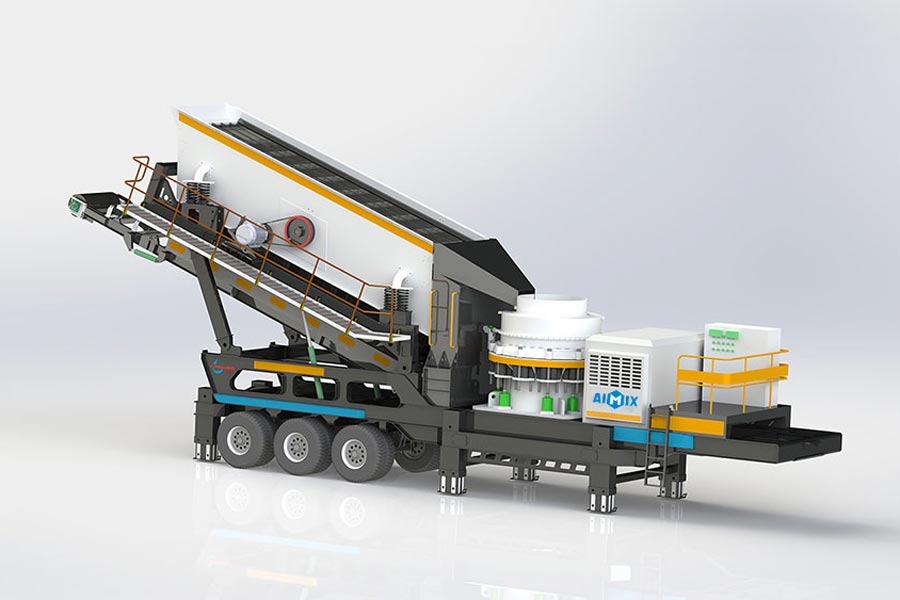The crushing industry, while essential for infrastructure and construction, raises pressing environmental concerns. This article delves into the industry’s environmental footprint and explores measures for sustainable practices.
The Role of Crushing Industry in Construction
The crushing industry serves as the backbone of construction, providing the essential aggregates and materials needed for roads, buildings, and infrastructure. However, this indispensability comes with a cost to the environment.
Understanding the Environmental Footprint
1. Quarrying and Extraction
The environmental footprint of the crushing industry, particularly in quarrying and extraction, is substantial. Quarrying involves the extraction of raw materials like stone, gravel, sand, and minerals from the earth’s surface or underground and then crushes them into smaller size through the efforts of concrete crushing plant. This process significantly impacts the environment by altering landscapes, destroying habitats, and disrupting ecosystems.

Quarrying activities often lead to deforestation, habitat fragmentation, and soil erosion, impacting biodiversity and local wildlife. Moreover, the machinery and equipment used in quarrying consume vast amounts of energy, contributing to greenhouse gas emissions. Additionally, the transportation of extracted materials further amplifies the carbon footprint.
The scars left by quarries post-extraction can be long-lasting, affecting the aesthetics of landscapes and leaving behind barren sites. Proper planning, reclamation, and rehabilitation efforts are essential to mitigate these impacts, aiming to restore ecosystems and minimize the environmental footprint of quarrying activities within the crushing industry when using gravel crushing equipment for sale.
3. Water Contamination
Runoff from crushing sites can carry sediment and pollutants into water bodies, impacting water quality and aquatic life. Improper disposal of wastewater and chemicals poses severe risks to local ecosystems.

2. Air and Noise Pollution
The crushing industry significantly contributes to air and noise pollution. Dust and particulate matter generated during crushing operations become airborne, leading to air pollution. Additionally, the machinery utilized emits substantial noise, affecting nearby communities and wildlife habitats. These pollutants pose health risks to humans and disturb natural ecosystems. Effective containment systems and noise-reducing technologies can mitigate these impacts, but stringent measures are crucial to curtail air and noise pollution associated with crushing activities with the help of aggregate crusher for a more sustainable environment.
Challenges and Sustainable Solutions
1. Energy Efficiency and Emission Reduction
Implementing advanced technologies for energy-efficient crushing and adopting cleaner fuel sources can significantly reduce carbon emissions and minimize environmental impact.
2. Responsible Quarrying Practices
Responsible quarrying during crushing involves several key steps. Firstly, employ precise extraction techniques to minimize ecosystem disruption. Implement stringent measures for dust control and noise reduction, prioritizing community well-being. Integrate reclamation plans to restore quarried areas, fostering habitat rehabilitation. Employ water management strategies, treating runoff and wastewater to prevent water contamination. Engage in continual assessment and adaptation, adhering to environmental regulations while exploring innovative, sustainable technologies for reduced ecological impact. Collaboration with stakeholders, including communities and environmental experts, ensures a balanced approach, promoting responsible quarrying practices within the crushing industry.
3. Water Management and Treatment
Effective water management strategies, such as proper containment and treatment of runoff and wastewater, are essential to prevent water contamination and protect aquatic ecosystems. Aimix always pay attention to the environmental protection with regards to the water treatment, so if you also focus on this, just contact Aimix.
Towards Sustainable Crushing Practices
Balancing the need for materials with environmental stewardship requires a shift toward sustainable practices within the crushing industry. Collaboration between industry stakeholders, policymakers, and environmental experts is crucial in fostering innovation and implementing eco-conscious solutions.
The crushing industry’s environmental footprint necessitates urgent attention and proactive measures. Embracing sustainable technologies, adhering to stringent regulations, and fostering a culture of environmental responsibility can pave the way for a greener and more sustainable future in the industry.
